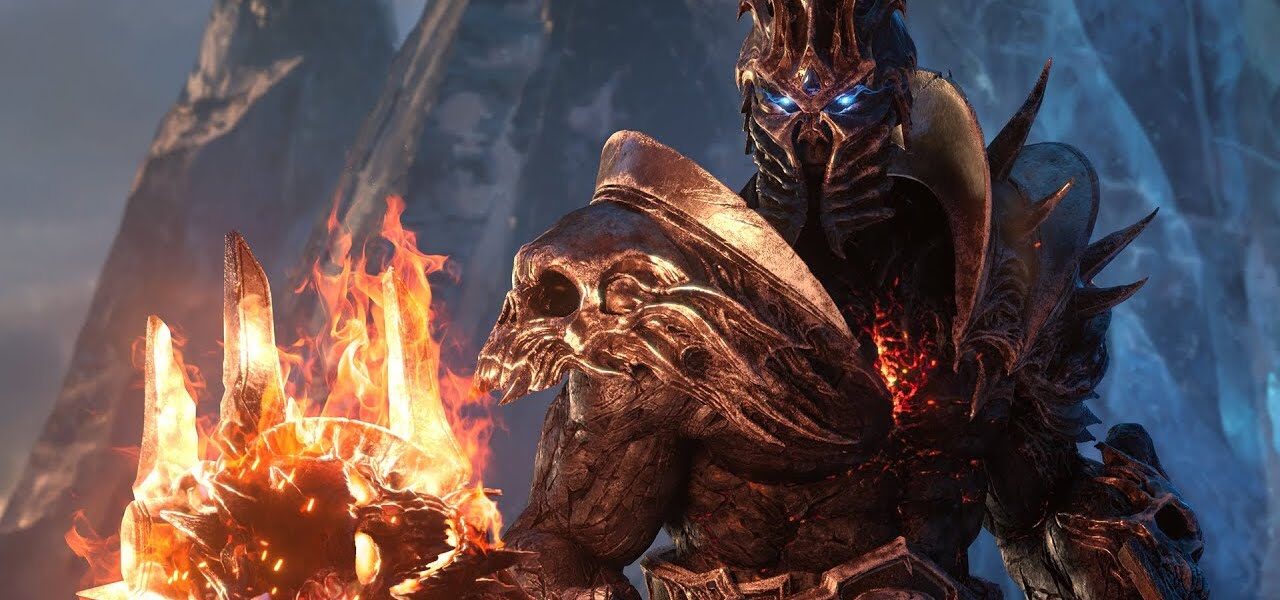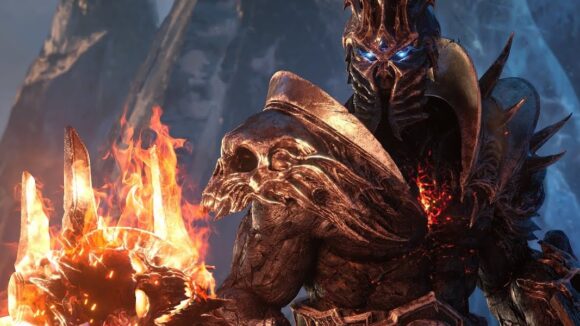

California Sues Activision Blizzard Over Alleged Sexual Harassment And Discrimination
Activision Blizzard, the video game giant behind World of Warcraft and Call of Duty, is being sued by the state of California over its “frat boy” company culture.
Following a two-year investigation, the California Department of Fair Employment and Housing (DFEH) filed the lawsuit in the Los Angeles Superior Court on Tuesday. It accuses Activision of “violations of the state’s civil rights and equal pay laws,” describing its workplace as a “breeding ground for harassment and discrimination against women.”
The lawsuit (which can be read in this PDF) describes a litany of abuses. It alleges that men joke about rape, play video games in the office while delegating work to women, and drink alcohol then “crawl” from cubicle to cubicle, often engaging in “inappropriate behavior” toward female colleagues, including groping.
In one case, it claims, a female employee committed suicide “due to a sexual relationship that she had been having with her male supervisor.” A sexually explicit picture of her had allegedly been distributed among male colleagues before her death.

Women who have complained about discrimination and harassment have faced retaliation, according to the lawsuit, including losing work, being unwillingly transferred to another unit, and being selected for layoffs. Activision “failed to take effective remedial measures,” it adds, noting that “human resource personnel were known to be close to alleged harassers.”
DFEH also points to a gender pay gap across all roles and levels of company, and a dearth of women in senior leadership positions. It says female employees are promoted more slowly and let go more easily than their male counterparts, and that some have been discriminated against as a result of being pregnant or leaving the office to pick their children up from daycare.
Women of color are particularly vulnerable to this kind of discrimination, the lawsuit alleges. It refers to two African American employees, one of whom says she was excessively micromanaged while her male colleagues played games in the office. The other says she was criticized for her body language and for asking for help in work, whereas colleagues who did similar things faced no repercussions.
The agency wants Activision to pay unpaid wages and other forms of compensation, according to the lawsuit.
Activision is based in Santa Monica, California. The company is worth about $70 billion and has around 9,500 employees, some 20% of which are women, according to DFEH. It has recently been rocked by several employment scandals. Last year, employees at subsidiary Blizzard Entertainment anonymously shared details of their compensation on a spreadsheet, apparently reveal large wage gaps between senior staff and others.
On Wednesday, Activision issued a statement which describes the DFEH’s complaint as “inaccurate.” The company says it is “sickened” by the agency’s mention of the suicide which has “no bearing whatsoever on this case.” It adds: “It is this type of irresponsible behavior from unaccountable state bureaucrats that are driving many of the state’s best businesses out of California.”
Activision argues that “[t]he picture the DFEH paints is not the Blizzard workplace of today.” The statement enumerates the policies the company has recently introduced to improve its culture, including “regular anti-harassment training” for employees and an updated code of conduct “to emphasize a strict non-retaliation focus, amplified internal programs, and channels for employees to report violations.”
The company accuses DFEH of failing to hold “good-faith discussions” before suing. The lawsuit states that the agency tried to avoid litigation by inviting Activision to a mediation session on several occasions, “but the parties were unable to resolve the administrative complaints.”
The charges against Activision tie into a broader movement to call out sexist and abusive practices in the games industry. Among the companies to have recently faced claims of sexual harassment are Ubisoft, Lab Zero Games, and Rocksteady Studios.
Image at top: “World of Warcraft: Shadowlands”
